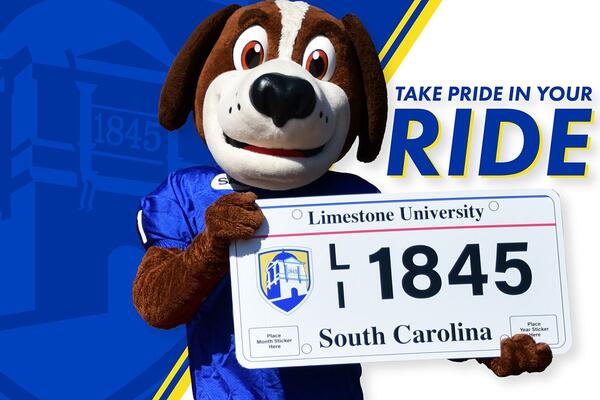August 16th, 2022
How to Choose a College Major

What do you want to be when you grow up? You probably got asked that a lot when you were just a little kid. And now that you’re considering college, people might be asking: what will your major be? Do you even know? Before you choose a university to attend, it’s a good idea to have an idea about what your major might be. You don’t need to fully commit, but you want to make sure that the college you go to has the majors that interest you most. Here’s what to do to narrow the field:
Find Your Interests Before Choosing a College Major
Are you fascinated by science? Do you like to write? Or do you enjoy working with computers? Think about your interests and abilities and where they meet. Just because you’ve always gotten all As in math doesn’t mean you need to be a math major, but what about the subject appeals to you? Maybe you like solving puzzles or thinking logically. From business to science, there are plenty of careers where those skills are critical. One way to nail down a major is to home in on your unique personality. Career focus tests and personality quizzes, such as the Myers-Briggs Test, can help you focus on your best attributes and decide what kinds of careers are a good match.
Consider Your Skills
Regardless of what a test might reveal, consider what you already know about yourself and play to your strengths. What are you good at? If you do excel in math, you may want to consider a business major that focuses on accounting, economics, or finance. Or go an alternate route and major in math education and share your love of the subject with students. Maybe you are a good writer and communicator. You could major in marketing or English, which could lead to a variety of career opportunities in business, publishing, or teaching. Or do you want to serve others in a field like healthcare or social work? Align your skills and interests with a major that will help you build the kind of future you will love.
Do Some Research About College Majors
As you narrow the possibilities, conduct research on each major. Find out what careers they might lead to and whether those careers will hold your interest and support you financially. Look at the job outlook and requirements for entry-level positions beyond a degree. Will you only need a bachelor’s degree to start working in the field, or will a graduate degree be required? The more you understand from the start, the better prepared you will be for your major and your career.
Get Advice About College Major Opportunities
Choosing a major doesn’t have to be a solitary process. Seek out input from your family, adult friends, and your guidance counselor. They may be able to suggest majors you haven’t considered. Your guidance counselor can also tell you about upcoming college planning dates and information sessions that can help you think about career paths and majors. They might also connect you with alumni or other professionals who work in the field you want to be in. You could interview them and find out about their experiences to see if the major you want is a good fit.
Choosing a college major is a big decision, but one that can help you learn more about yourself and possible plans for your future. If you decide later the major you choose is no longer a fit, you can always switch your major and head in a different direction. At Limestone University, we offer majors in Business, Education, Liberal Arts, Sciences, and Health Professions. Click the button to learn more.


